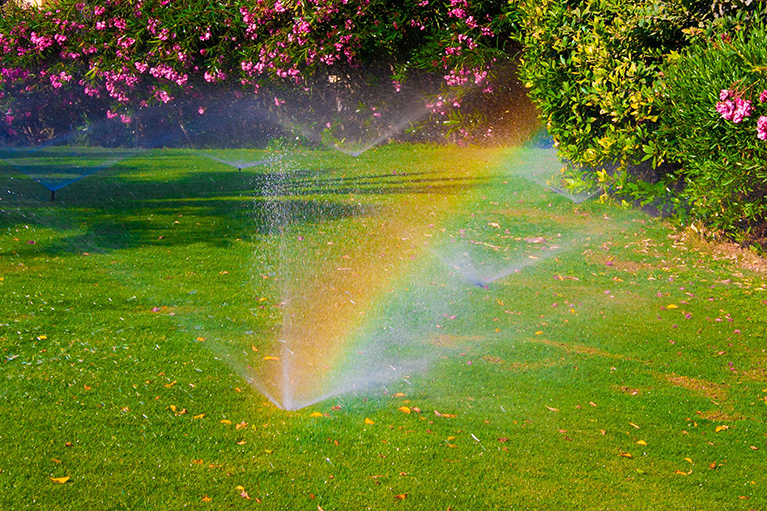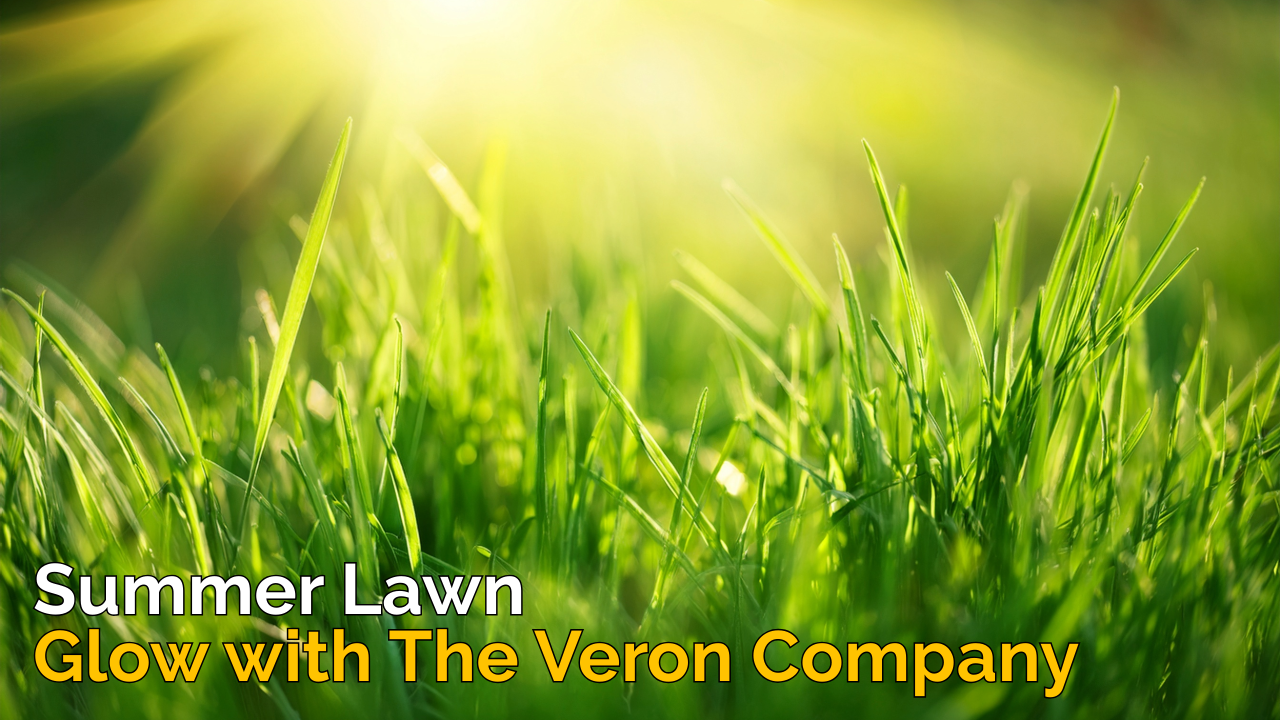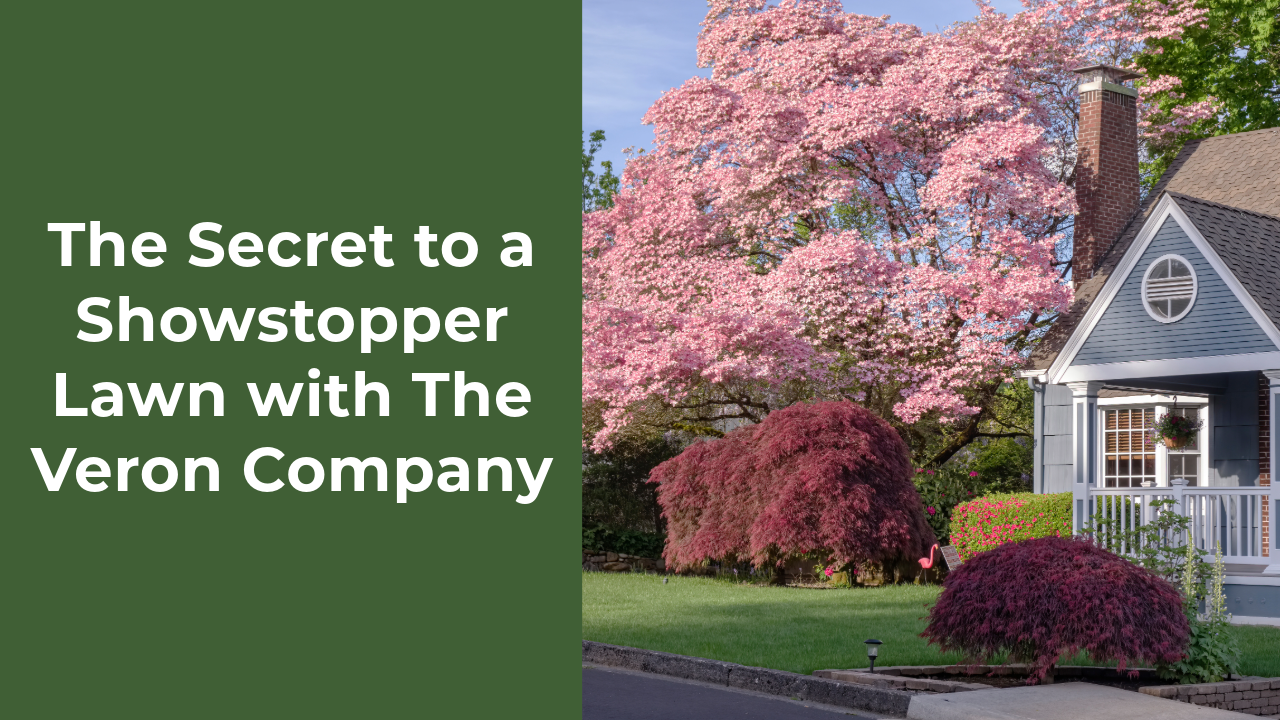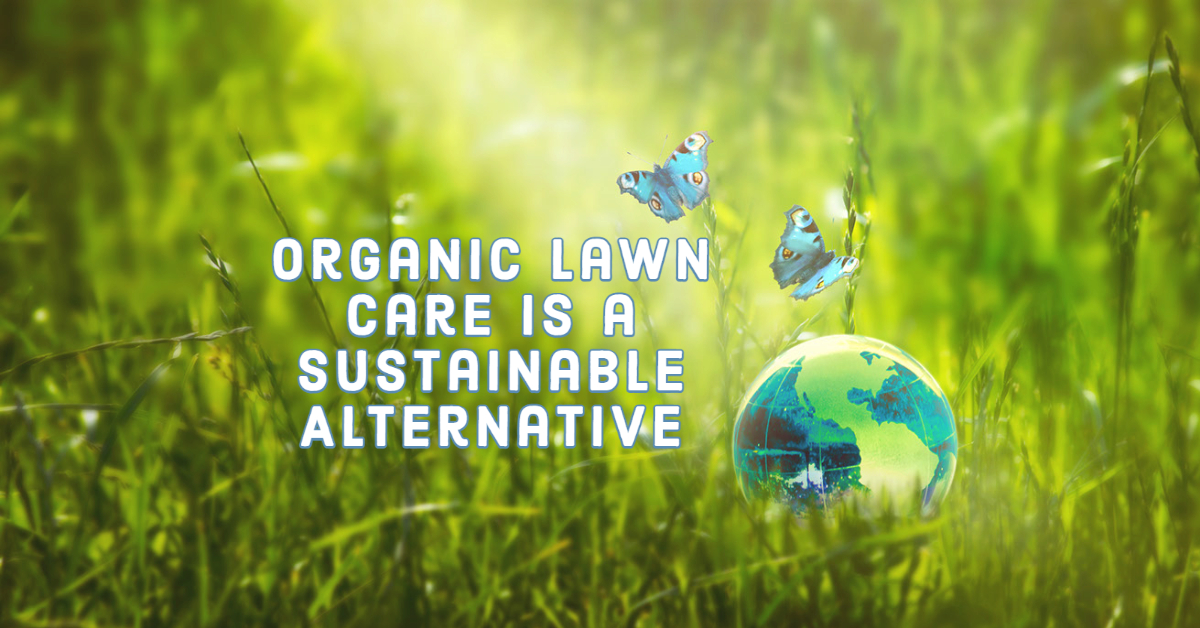Get That Lush Landscape the Natural Way!
Everyone wants that lush, perfectly manicured lawn. It’s the ultimate goal, especially in the spring when our attention focuses outdoors. How exactly can you get that beautiful green lawn you see in fertilizer commercials without the harsh chemicals used in most fertilizers? To find out, keep reading. The Veron Company is committed to organic landscaping that will make your lawn not only beautiful, but healthy, and compatible with the environment. Here are some of our top organic fertilization secrets:
Open Your Mind to Organic Gardening
The key to achieving success with organic fertilization is to first rethink the way you’ve been maintaining your yard. Remember, you’re not just spraying something and voila, your lawn is suddenly perfect. To make the switch to organic gardening, realize that you are beginning a process that nurtures your soil and ultimately brings your lawn back to life. The best time to fertilize is mid-spring.
The Best Organic Fertilizers
There are several types of organic fertilizers you can use. Many of them come from natural minerals, as well as plant and animal sources. When fed to your lawn, they break down the nutrients slowly, as plants need them.
If you want something natural that really packs a punch, you can use a mulching mower that turns freshly cut grass into fine particles that can be spread on your lawn. Experts say that this finely chopped grass, as it decomposes, will add about two pounds of nitrogen for every 1,000-square foot, as well as other valuable matter to your soil. That will help you save time and money on fertilizing. This is also good to know because many of the industrial fertilizers that are labeled “organic” don’t contain quite as much of the important nutrients your grass needs, such as nitrogen, potassium, phosphorous and others.
How much fertilizer should you apply to your lawn? For glass clippings, you only need a half an inch to achieve effective results.
Another excellent organic fertilizer is compost—the more, the merrier. Compost contains about one to three-percent nitrogen. It also provides nutrients slowly to the grass and soil. Interestingly, compost contains bacteria and fungi that connect with the roots of plants, assisting them in the absorption of nutrients, and actually causing them to create more of the necessary nutrients. Last but not least, compost will help your soil retain its moisture.
With compost, add a half-inch or more, but it doesn’t take much to keep your soil nice and fertile!
How Much Is Too Much Fertilizer?
Remember, when it comes to fertilizers, a little goes a long way. In fact, studies across the U.S. have shown that more people over-fertilize their lawns. Over-fertilization can have a negative impact as well. If you’re not sure how much fertilizer you’ve used, or suspect that you’ve overdone it, call on professionals to conduct a soil test. Getting the right amount of nutrition to your plants and soil requires the right balance—and experts who can help you get it back on track.
The Veron Company is your partner in perfect landscaping. We’re dedicated to providing organic, environmentally-friendly and beautiful landscaping, as well as other services. Contact us today to learn more.
Keep checking our blog for more spring tips!
The Veron Company, serving Marlborough, Massachusetts and surrounding areas, including Cape Cod since 1982.







